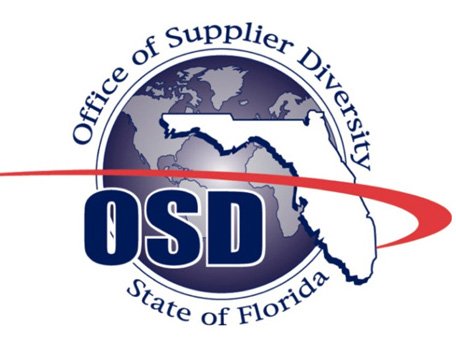
Introduction
Small businesses in various industries like auto dealerships, architecture, engineering, manufacturing, logistics, and distribution face daily challenges, including managing finances and marketing their products and services. With the introduction of the Federal Trade Commission's (FTC) new Safeguard Rule, these entrepreneurs now have another layer of responsibility to consider.
The FTC Safeguard Rule aims to protect the personal information of consumers, and it places specific obligations on businesses that handle this sensitive data. In this article, we will explore the impact of the new FTC Safeguard Rule on small business owners and provide practical strategies to help them navigate this regulatory landscape.
The FTC Safeguard Rule: What You Need to Know
The FTC Safeguard Rule, under the Gramm-Leach-Bliley Act, is a regulation that aims to ensure that financial institutions and other businesses that collect and handle sensitive customer information have measures in place to protect this data. The main focus of the rule is to ensure the security and confidentiality of consumer nonpublic personal information (NPI), which includes sensitive data such as social security numbers, bank account details, and credit card information.
Small business owners are not exempt from these regulations, and noncompliance can lead to serious consequences, including regulatory fines, legal liabilities, and a damaged reputation. Understanding the FTC Safeguard Rule is the first step towards compliance and protecting your customers' personal information.
Here's How We Can Assist You in Navigating the FTC Safeguard Rule:
- Conduct a Risk Assessment: We'll begin by examining the type and amount of customer information your business collects and stores. Identifying this data is crucial for gauging the risks associated with safeguarding it. We'll prioritize protecting the most sensitive information that, if compromised, could lead to significant harm to your valued customers.
- Develop a Comprehensive Security Plan: As a small business owner, you can create a personalized data security plan that caters to your specific needs. This plan will encompass policies, procedures, and technical measures to safeguard customer information. It will also outline employee training programs and protocols for responding to potential incidents.
- Employee Training: We emphasize the importance of ensuring that all your employees understand the significance of data security and their role in safeguarding customer information. Regular training sessions will empower your staff to recognize potential threats and maintain compliance with the Safeguard Rule.
- Implement Technical Safeguards: We'll guide you in employing encryption, access controls, and secure data storage solutions to protect customer data. This includes using strong passwords and multi-factor authentication for sensitive information access. Additionally, we'll help you establish a routine for updating and patching software to safeguard against emerging threats.
- Vendor Management: If your business relies on third-party vendors to process customer information, we'll help you ensure that these vendors comply with data security regulations. This involves establishing clear contracts and guidelines for data security practices to hold them accountable.
- Incident Response Plan: Preparing for unforeseen situations is crucial. We'll work with you to create an incident response plan that details how to respond to data breaches, including notifying affected customers, addressing vulnerabilities, and cooperating with law enforcement and regulatory authorities.
- Ongoing Compliance Monitoring: Staying abreast of the evolving landscape of data security regulations is essential. We'll assist you in regularly reviewing and updating your security measures to adapt to new threats and changing compliance requirements.
Conclusion
The FTC Safeguard Rule places a critical responsibility on small business owners to protect their customers' sensitive information. Noncompliance with these regulations can result in significant financial and reputational damage. However, with the right approach and a commitment to data security, small business owners can successfully navigate the complexities of the Safeguard Rule and ensure the trust and confidence of their customers. By conducting risk assessments, developing robust security plans, and continuously monitoring compliance, small businesses can thrive while safeguarding the data they collect and store.
Empower Your Business: Act Now for FTC Safeguard Rule Compliance!
Do you need help with your FTC Safeguard Rule Compliance? Our team of dedicated Cybersecurity experts is here to ensure your business is more compliant and protected. Call us at (407) 995-6766 to learn more.










